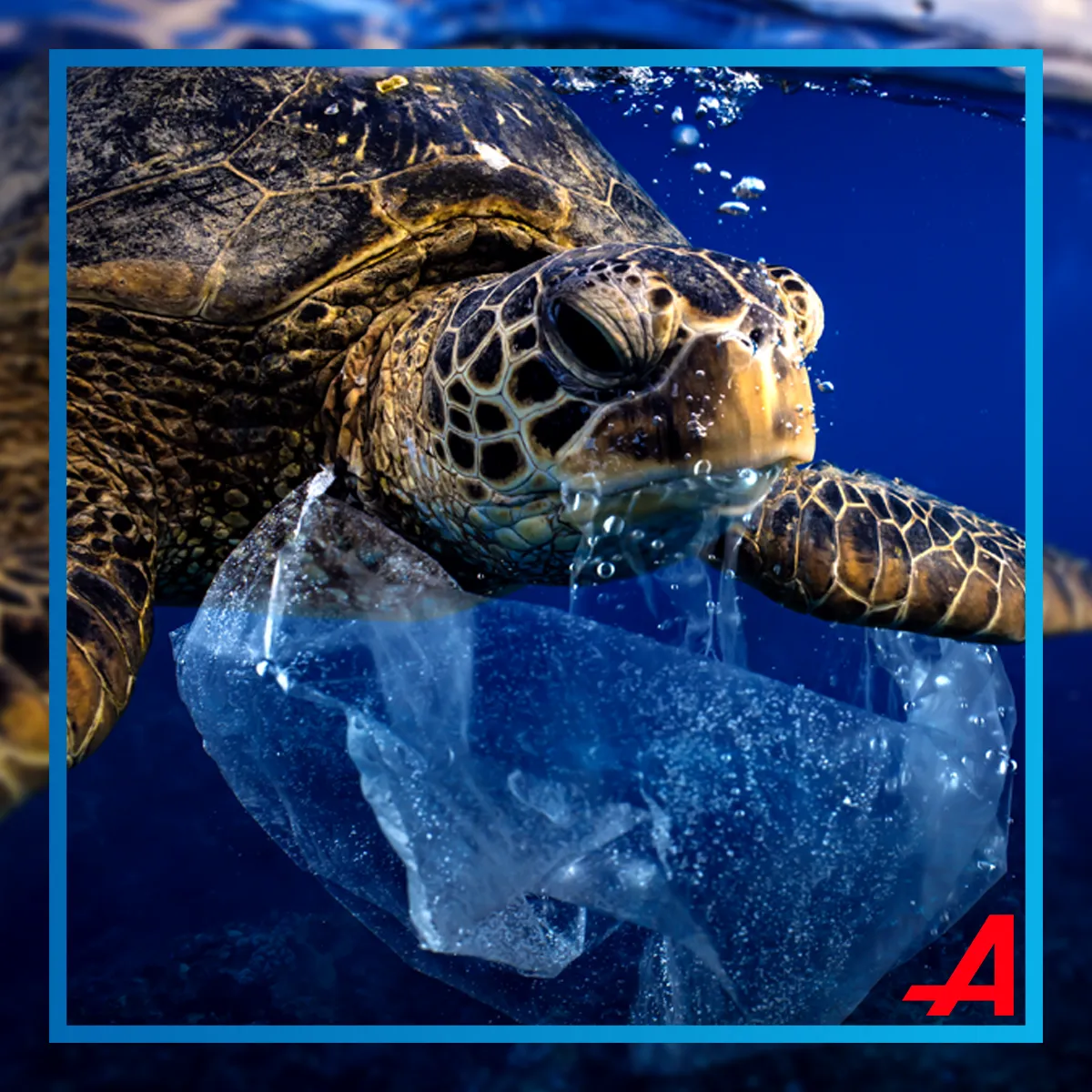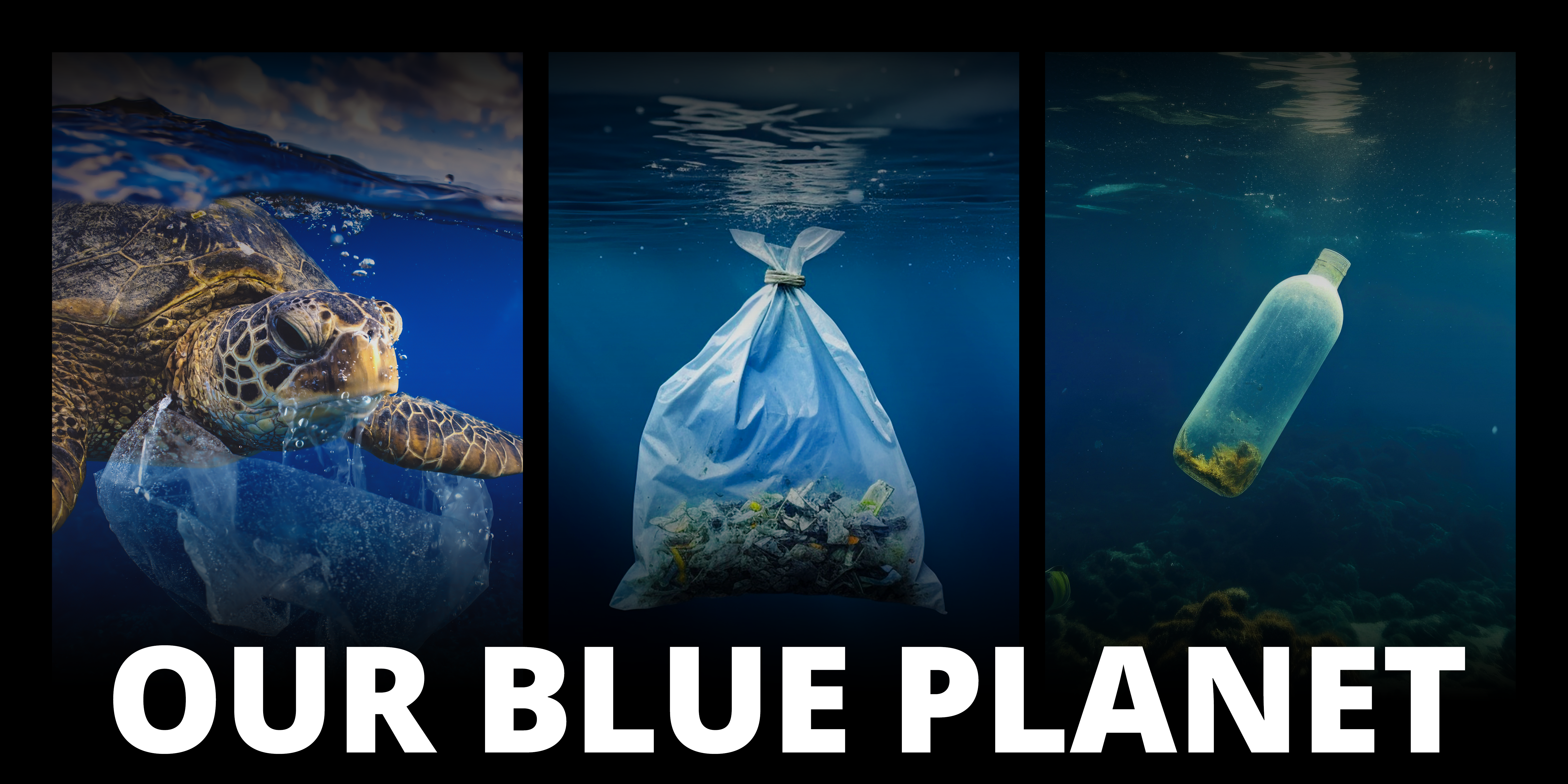
Are sustainable nitrile gloves just an illusion?
The medical disposable industry faces the challenge of developing more environmentally friendly alternatives and raising awareness about proper disposal. The development of biodegradable gloves is a promising approach that, along with other innovations and a culture of research and development, can contribute to a more sustainable future. AMPri remains committed to continuous research and making a positive impact on the ecological balance of our planet. [7]
In conclusion, it is important to note: Sustainable disposable gloves are by no means an illusion, but they are also not the sole solution to a global problem. We must continue to collaboratively create resources [8] to advance research and development. Only then can we sustainably thrive in our industry in the long run.














